Co-editors-in-chief
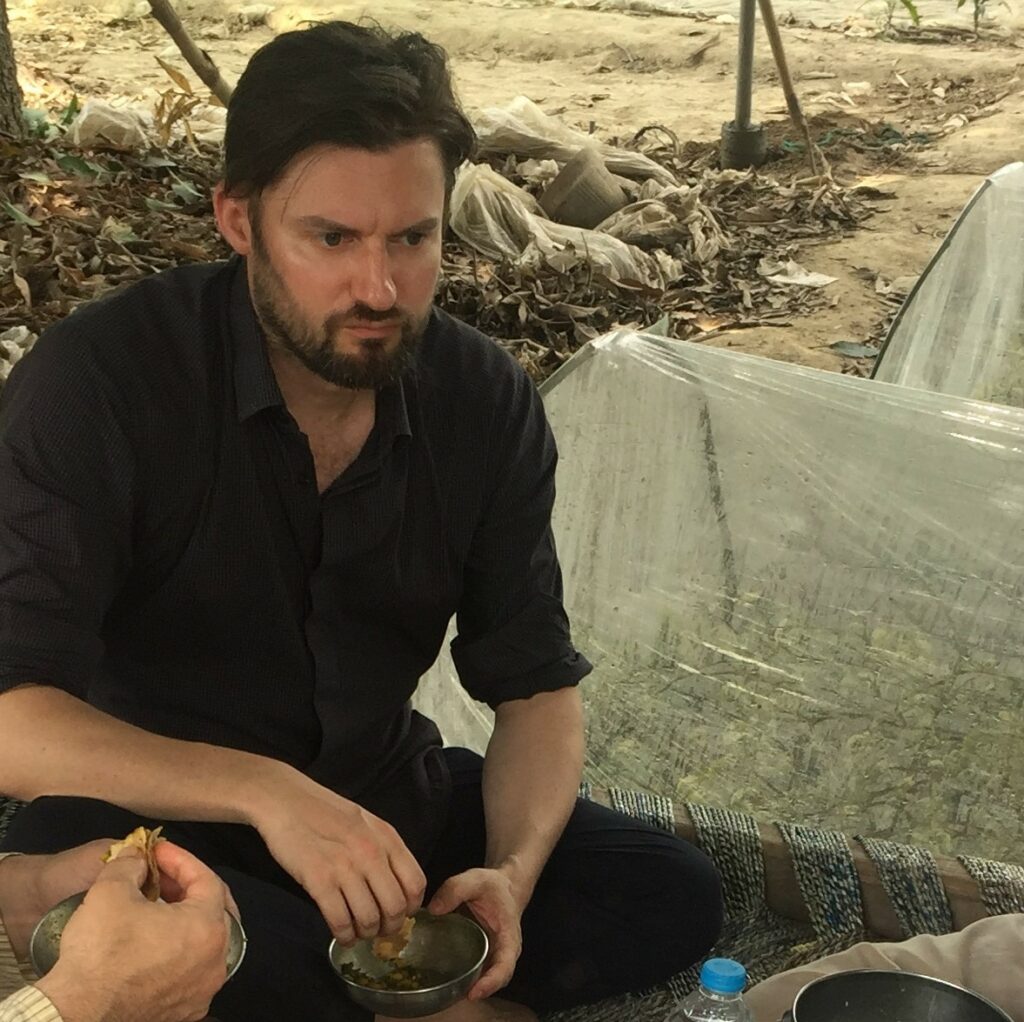
Franklin Ginn in a Senior Lecturer in Cultural Geography at the University of Bristol, UK. His research concerns the histories, cultures and philosophies of everyday encounters with nonhumans, across a wider range of geographic and historical settings. He is author of Domestic Wild: Memory, Nature and Gardening in Suburbia (Routledge, 2016), The Work that Plants Do: Life, Labour and the Future of Vegetal Economies (Transcript, 2021), and a range of articles on the urban green, nonhumans and biophilosophy. Franklin is a Rachel Carson Centre alumni, and was a founding member of the Edinburgh Environmental Humanities Network. His current research projects include vegetal politics and nonhuman economy in Pakistan (funded by the Royal Geographical Society), soil cosmopolitics in Himalayan agriculture (funded by the UK’s GCRF), speculative work on multispecies space travel and decomposing the Anthropos.
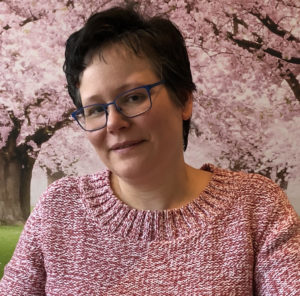
Dolly Jørgensen is Professor of History at University of Stavanger, Norway. Her research ranges widely in time and subject matter—from medieval waste disposal to modern rewilding projects. She is primarily interested in human-animal relations over time, including the role of technologies and emotions as mediators of human-animal encounters. She is author of Recovering Lost Species in the Modern Age: Histories of Longing and Belonging (MIT Press, 2019) and co-editor of New Natures: Joining Environmental History with Science and Technology Studies (University of Pittsburg Press, 2013), Northscapes: History, Technology and the Making of Northern Environments (UBC Press, 2013), and Visions of North In Premodern Europe (Brepols, 2018). She co-directs The Greenhouse, an environmental humanities research group at University of Stavanger, and was two-term President of the European Society for Environmental History (2013-2017).
Associate Editors

Simone Müller is DFG-Heisenberg Professor for Global Environmental History and Environmental Humanities at the University of Augsburg. She is a global historian of technology, economy, and the environment with a particular focus on globalization processes, the intersection of ecology and economy, and the era of the Anthropocene. Her research interests range from the international trade in hazardous waste material and toxicity as a historical construction, the intellectual history of economic ecological thinking, to verticality as an enviro-historical concept and the study of marine space. Her research has received numerous awards and fellowships, among them from the Smithsonian Institution, the Science History Institute, and the University of Pennsylvania.
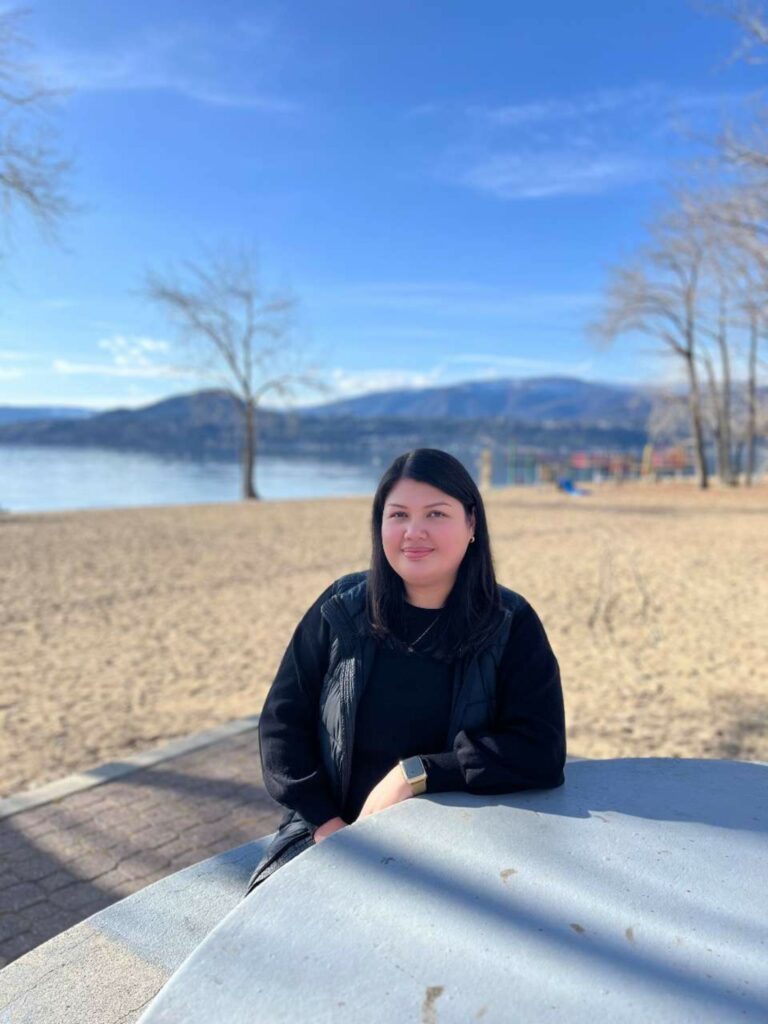
Rina Garcia Chua (she/her/siya) is a creative and critical scholar from the Philippines who is currently based in unceded tm̓xʷúlaʔxʷ (lands) of the syilx / Okanagan peoples. She was a 2022-2023 Jack and Doris Shadbolt Fellow in the Humanities at Simon Fraser University, a 2023 Affective Currents Institute Fellow at Dartmouth, and she received her PhD from the University of British Columbia, where she currently is a Research Associate of Environmental Humanities and Migrant Ecologies. Rina is the editor of Sustaining the Archipelago: An Anthology of Philippine Ecopoetry (UST Publishing House, 2018), and co-editor of Empire and Environment: Ecological Ruin in the Transpacific (University of Michigan Press, 2022) and Here was Once the Sea: An Anthology of Southeast Asian Ecowriting (University of Hawai’i Press, 2024). Her current book manuscript, “Migrant Ecocriticism: An Unsettling in the Environmental Humanities,” develops the framework of a migrant reading practice in analyzing environmental curations, collations, and anthologies of literary and visual cultures, and she is completing her poetry collection, “A Geography of (Un)Natural Hazards,” which is a visual and poetic response to migrant and arrivant spaces, environmental injustice, and liminal environments.
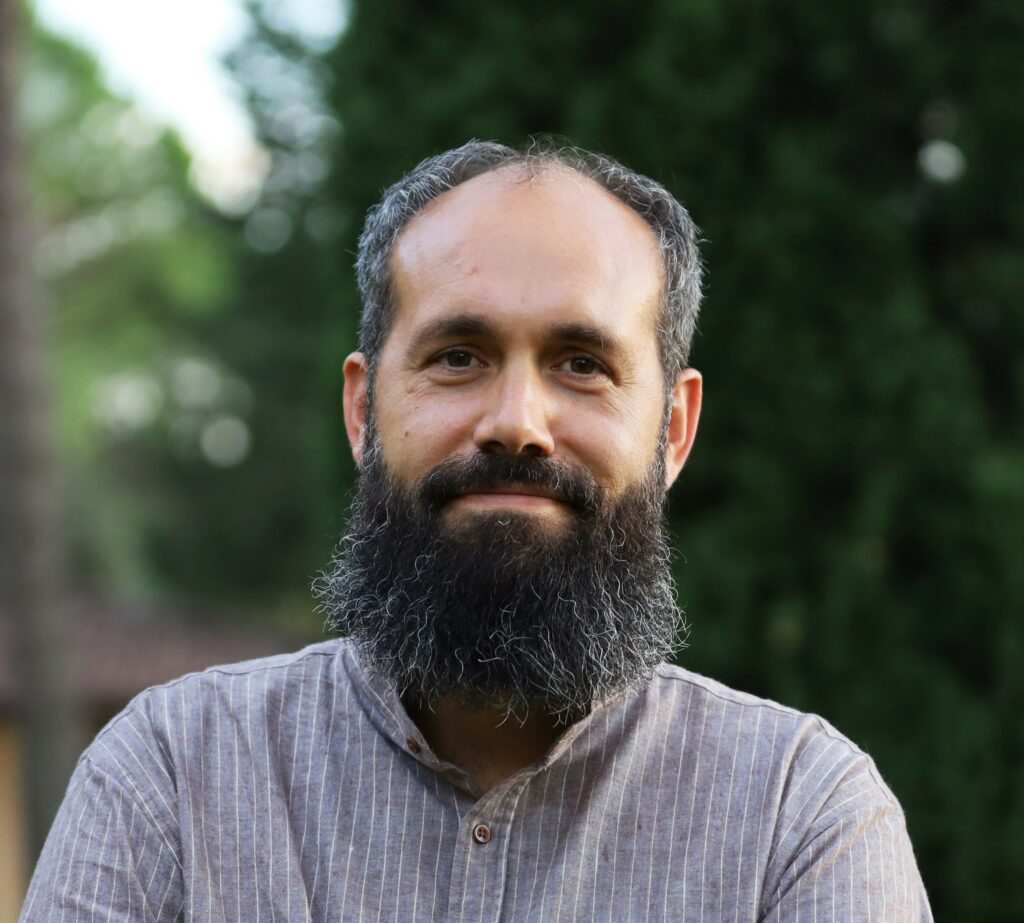
Tomás Bartoletti is Senior Lecturer and SNSF-Ambizione Research Group Leader at the Chair for History of the Modern World of the Swiss Federal Institute of Technology (ETH) in Zürich. He earned his PhD from the University of Buenos Aires and has held research positions as a Max Weber Fellow at the European University Institute (2021-2023) and as a Postdoctoral Fellow at the ETH Zürich (2019-2021). His current project, “Insect Pests and Economic Entomology in Plantations, c. 1870-1930s: A Multispecies History of Global Capitalism,” examines the development of pest control research in the tropical world between c. 1880 and 1950. An exhibition resulting from his research, titled “Naming Natures,” is scheduled to take place in December 2024 at the Natural History Museum of Neuchatel.
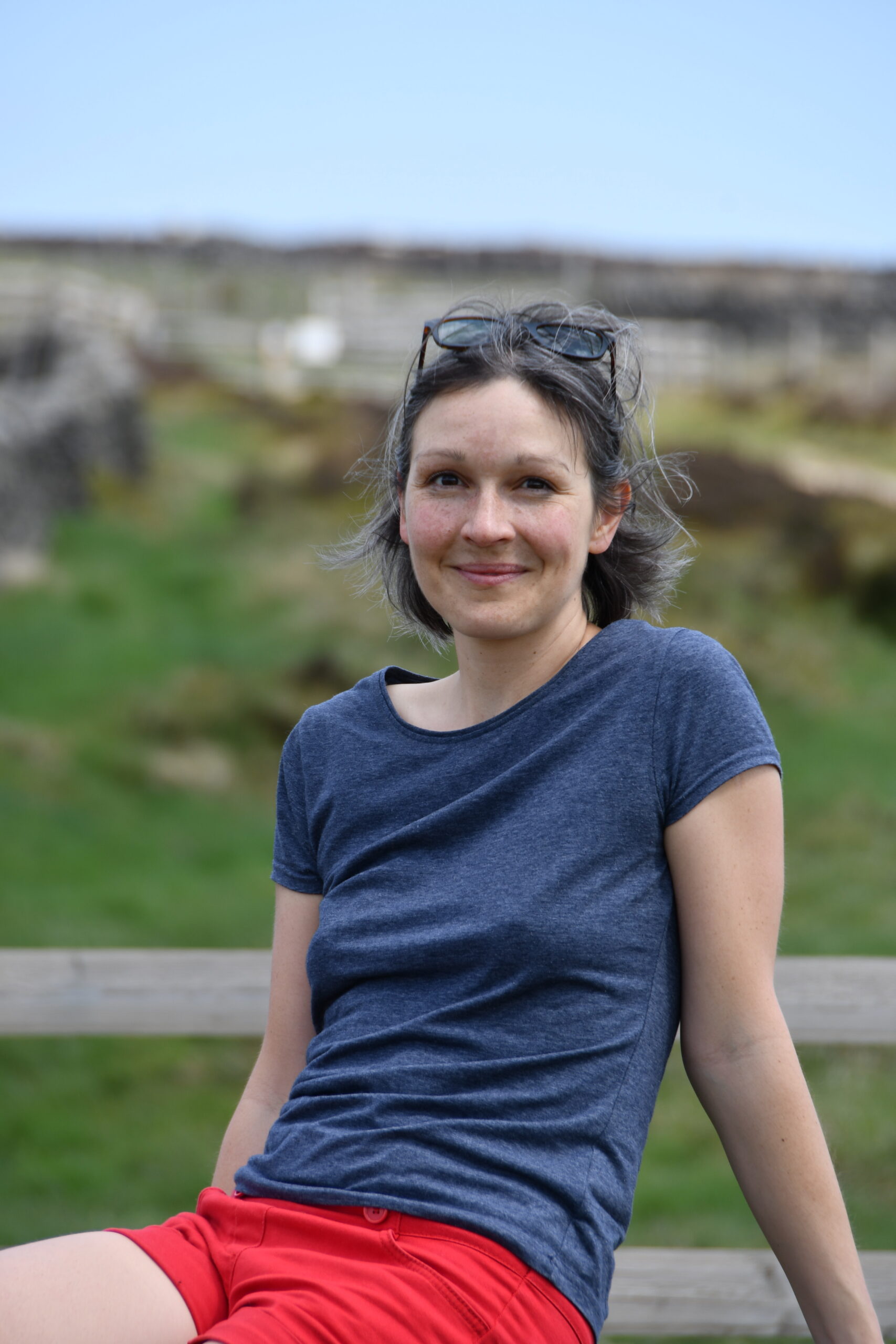
Anna Krzywoszynska is a Faculty of Social Sciences Research Fellow at The University of Sheffield, and an Associate Director of its Institute for Sustainable Food. Her research concerns agriculture and food as the key spheres for the interaction between human and more-than-human worlds. Her work on knowledge, ethics, and affect in food-related spaces and practices is being published in a range of geography and rural studies journals. Her interest in materiality, life, and ecology brings her to work frequently with the natural sciences. Consequently, she also investigates the potential for opening up the spaces of scientific knowledge production to non-certified expertise, and re-imagining the current division of labour between social and natural sciences. She has published on public participation in science and interdisciplinarity in such journals as Science, Technology and Human Values. Her ongoing work explores the shift towards soils as lively ecosystems in modern agriculture and its related knowledge fields, and the consequences of this for a range of fields. On this, see her co-authored edited collection Thinking with soils, a range of publications, and the Soil Care Network (soilcarenetwork.com).
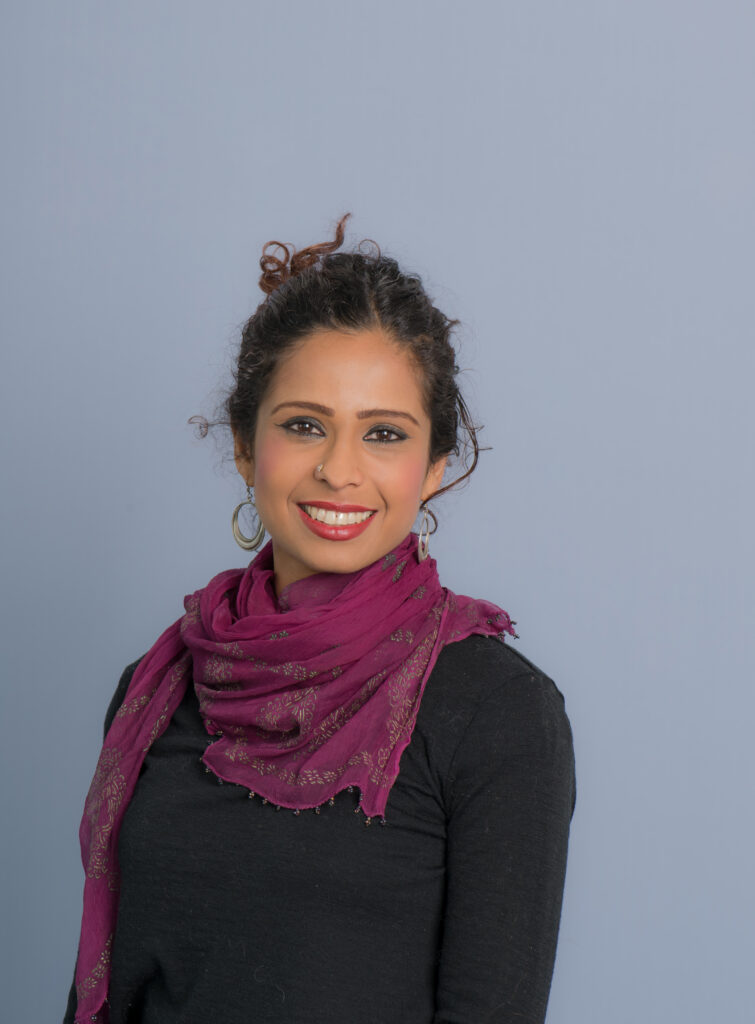
Yamini Narayanan is Senior Lecturer in International and Community Development at Deakin University, Melbourne. Her work explores the ways in which (other) animals are instrumentalised in sectarian, casteist and even fascist ideologies in India. Yamini’s research is supported by two prestigious grants from the Australian Research Council. Yamini’s work on animals, race, and nationalism has been published in leading journals including Environment and Planning A, Environment and Planning D, Geoforum, Hypatia, South Asia, Society and Animals, and Sustainable Development. With Kathryn Gillespie, she has co-edited a special edition of the Journal of Intercultural Studies on the theme “Animal nationalisms: Multispecies cultural politics, race, and nation un/building narratives” (2020). Another co-edited special issue (with Krithika Srinivasan) is forthcoming in Environment and Planning E on “The species turn in Indian identity politics”. Yamini is founding co-convenor of the Deakin Critical Animal Studies Network. In 2019, Yamini was awarded the Vice Chancellor’s Award for Mid-Career Research Excellence. In recognition of her work, she was made Fellow of the Oxford Centre for Animal Ethics (FOCAE), a distinguished honour that is conferred through nomination or invitation only.
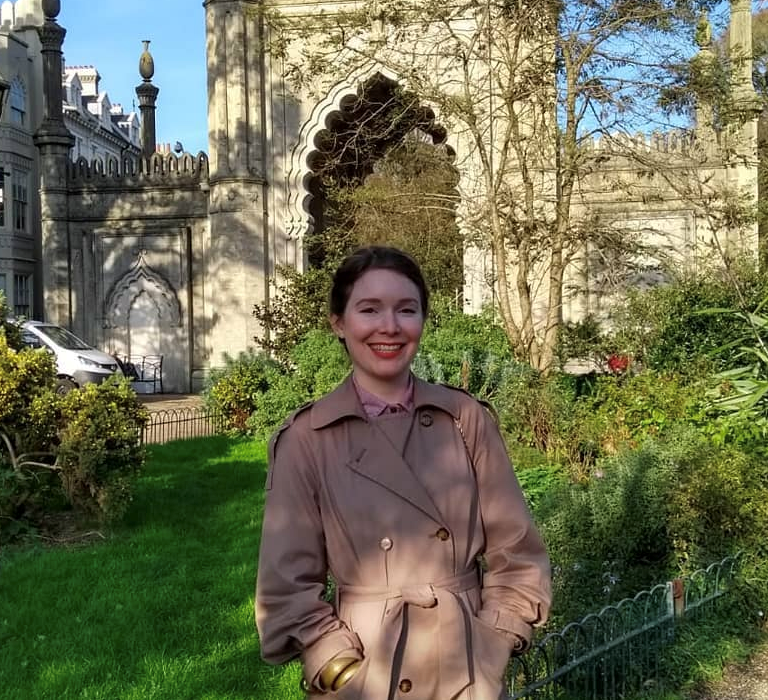
Hannah Boast is Chancellor’s Fellow at University of Edinburgh. Their work focuses on the politics and culture of water, and sits at the intersection of contemporary literary studies, cultural geography and political ecology. Their first book, Hydrofictions: Water, Power and Politics in Israeli and Palestinian Literature (Edinburgh University Press, 2020), was shortlisted for the Association for the Study of Literature and Environment UK and Ireland (ASLE-UKI) Book Prize 2021 for Best Academic Monograph in Ecocriticism and the Environmental Humanities. They have also published articles on topics including the politics of trees; water justice in contemporary Canadian poetry; environmental popular culture; and the political ecology of the far-right. Their current book project, Water Crisis and World Literature, has been supported by fellowships from the Leverhulme Trust and the Japan Society for the Promotion of Science.
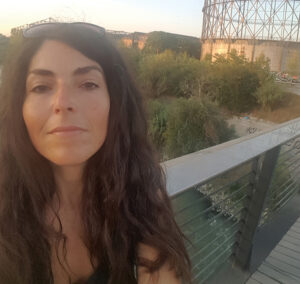
Miriam Tola is Assistant Professor of Environmental Humanities at the University of Lausanne where she is a member of the Institute of Geography and Sustainability. Her research explores the intersections between gender, race and materiality in political imaginaries of the environment. Her publications on subjects including the politics of the commons, the rights of nature and ecosexual documentaries have appeared in peer-reviewed journals such as Feminist Review, South Atlantic Quarterly, Theory & Event, Environmental Humanities and Feminist Studies. She is currently completing the book The Commons Reimagined: Feminist and Decolonial Perspectives and working on an edited collection on the feminist/queer reinvention of care amidst capitalist ruins. From 2016-2018 she was on faculty at Northeastern University. Prior to her academic work, she was a film critic in Italy and the United States. Her work is available at miriamtola.org.
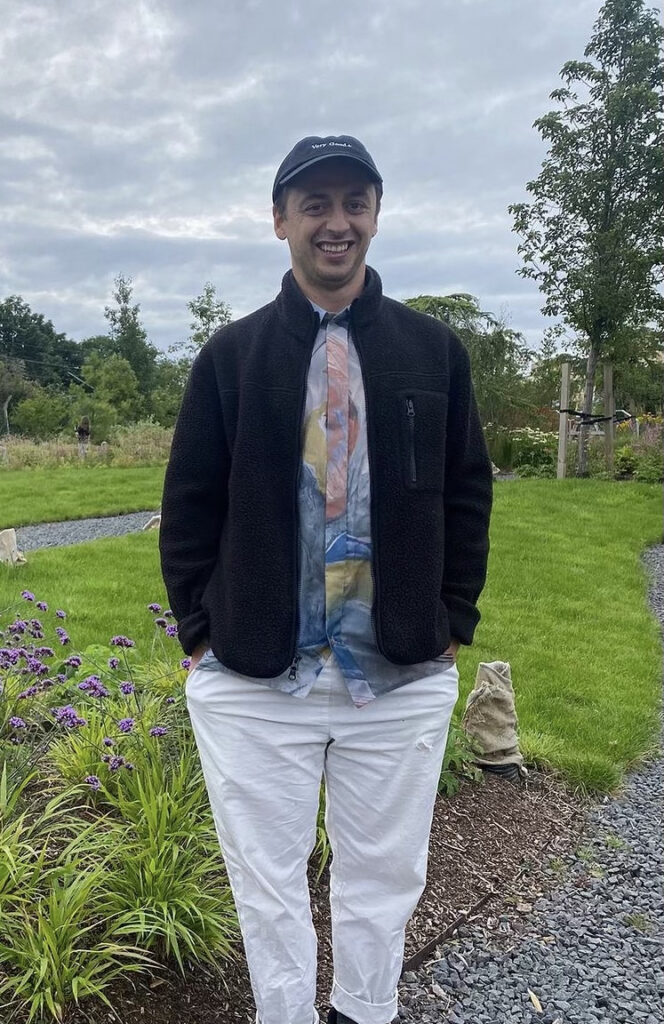
Henry Ivry is a Lecturer in 20th and 21st Century Literature in the School of Critical Studies at the University of Glasgow. His research explores how climate and racial justice are two sides of the same coin. To imagine a more sustainable world requires building a more equitable one and Henry’s research looks at how various facets of African American culture and thought form a vital archive for building and infrastructuring otherwise worlds. His first book Transscalar Critique: Climate, Blackness, Crisis was published by Edinburgh UP in 2023 and his academic work has appeared or is forthcoming in journals including Contemporary Literature, English Literary History, Modern Fiction Studies, ISLE: Interdisciplinary Studies in Literature and Environment, and English Language Notes.
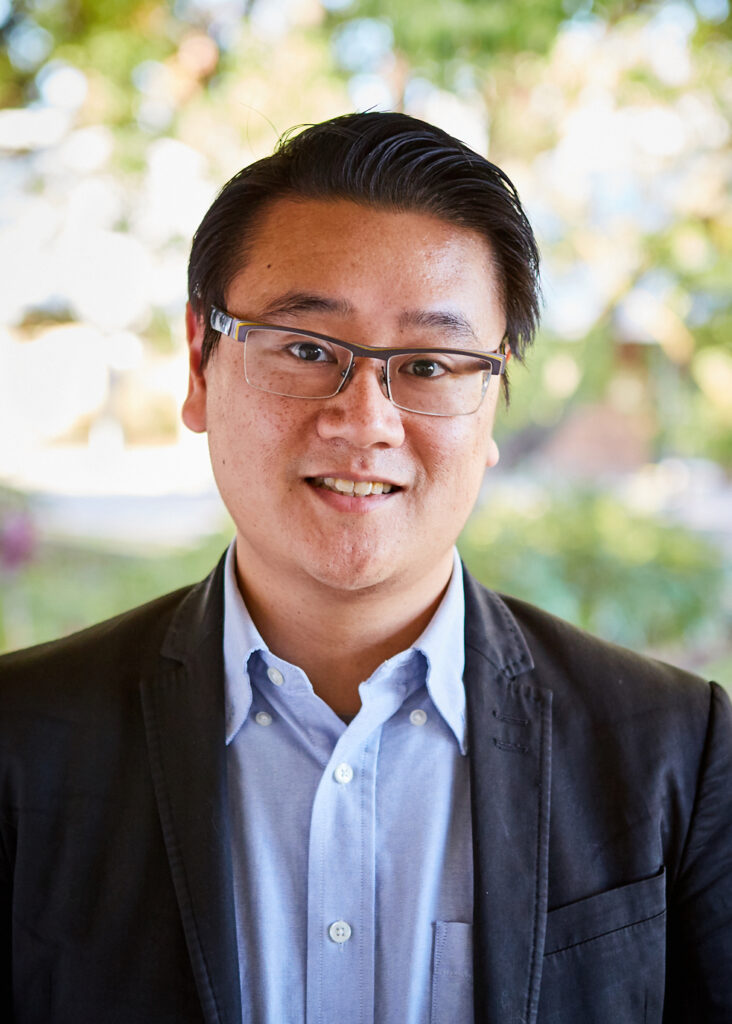
Kiu-wai Chu is Assistant Professor in Environmental Humanities and Chinese Studies at Nanyang Technological University. He earned his PhD in Comparative Literature in University of Hong Kong, andhis previous degrees from SOAS University of LondonandUniversity of Cambridge.He was a visitingFulbrightscholarin University of Idaho, and Postdoctoral Fellows in University of Zurich and Western Sydney University. His research focuses on environmental humanities,comparative ecocriticism,and contemporary cinema and visual art in Asia. Hiswork has appearedinTransnational Ecocinema;Oxford Bibliographies, Journal of Chinese Cinemas; Asian Cinema; Chinese Environmental Humanities and elsewhere.
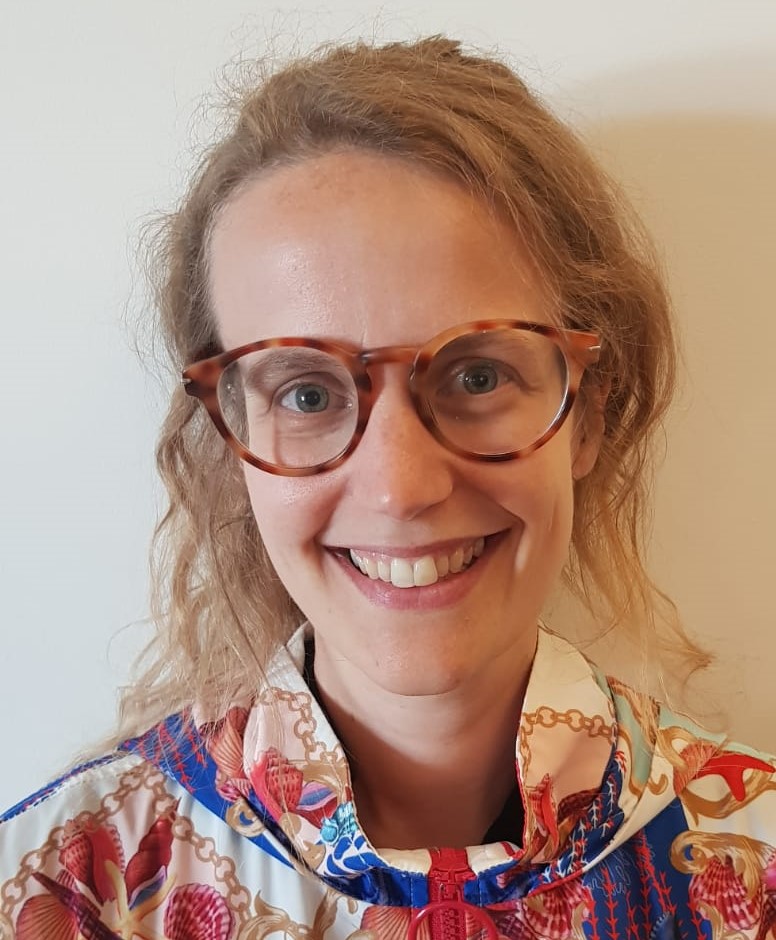
Eva Haifa Giraud is a senior lecturer in Digital Media & Society at the University of Sheffield. Her research explores the ways that activists negotiate tensions associated with the media platforms they use, particularly the challenges posed by social media. She also has a broad conceptual interest in ‘non-anthropocentric’ theoretical work. Her publications include What Comes After Entanglement? Activism, anthropocentrism and an ethics of exclusion (Duke University Press) and Veganism: Politics, Practice, and Theory (Bloomsbury Academic).
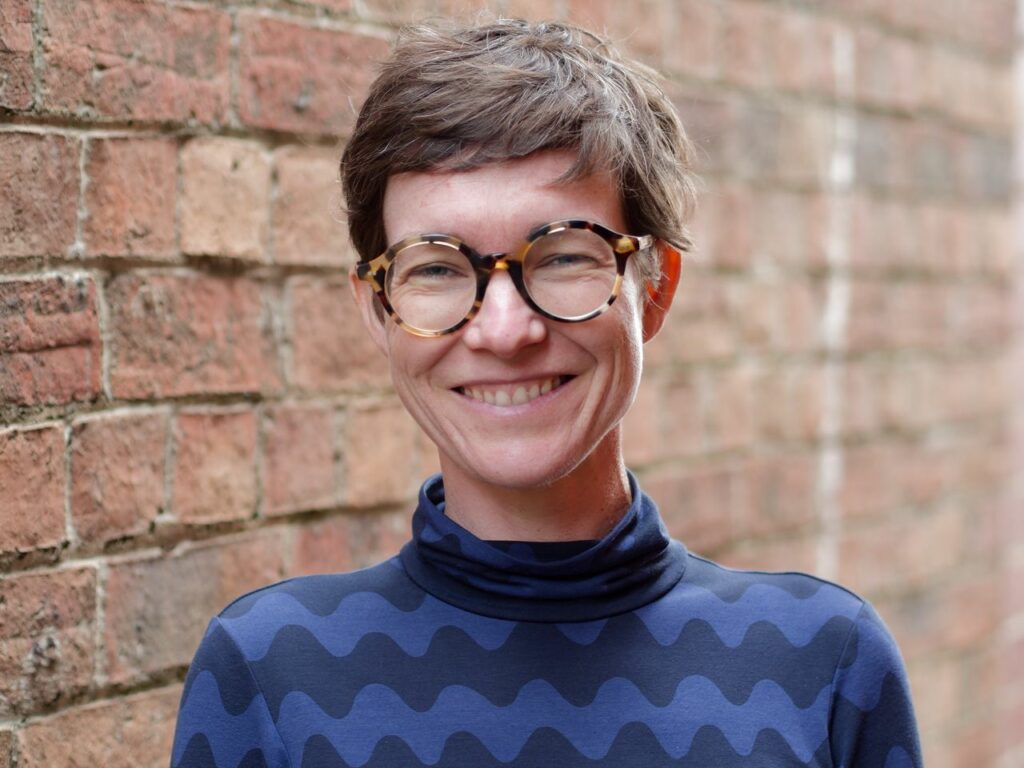
Alda Balthrop-Lewis is a Senior Research Fellow in the Institute for Religion and Critical Inquiry at Australian Catholic University. She is a scholar of religion, and her research focuses on religious environmental ethics and the circulation of ideas among theological, artistic, and popular idioms. She has particular interests in environmental justice and in the way that the concepts of ‘religion’ and ‘politics’ are related to theological histories of gender, race, nature, and nation in the West. She is the author of Thoreau’s Religion: Walden Woods, Social Justice, and the Politics of Asceticism (Cambridge, 2021) and her research has been published in the Journal of the American Academy of Religion and the Journal of Religious Ethics. She is coeditor of the book series Reflection and Theory in the Study of Religion, published by Oxford University Press.
Living Lexicon Editors
James Parker
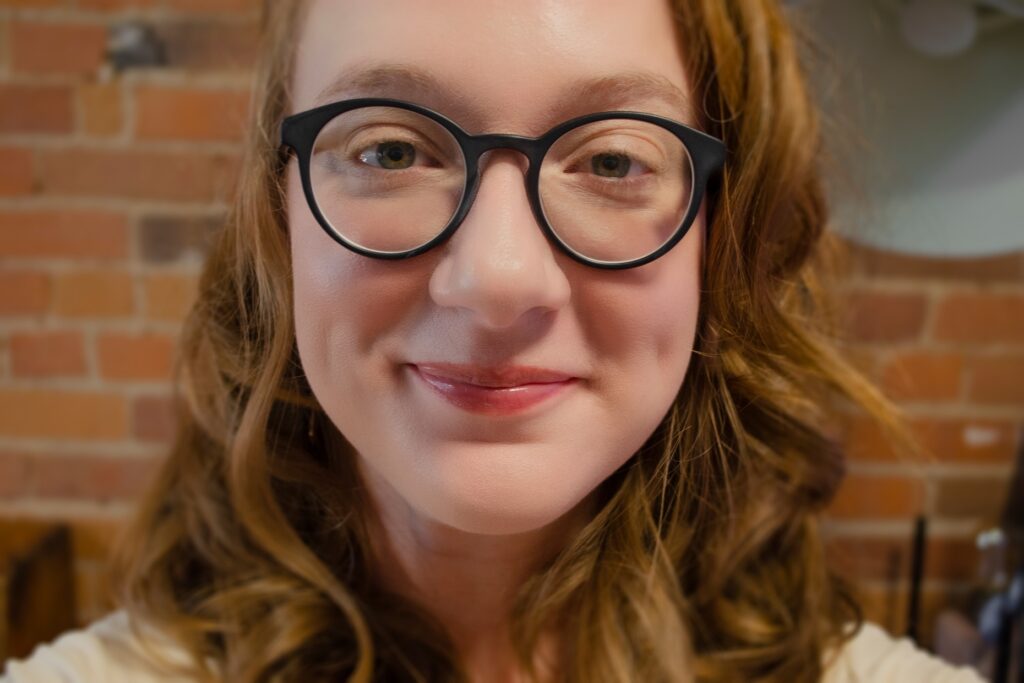
Sarah Warren is a Research Associate with the University of Toronto Centre for Ethics, where her work explores interdisciplinary approaches to the plant humanities. She completed her Postdoctoral Fellowship at the Centre for Ethics in 2022-23, investigating how resurgences in practices like wild edible foraging constitute promising new approaches to transforming self-world relations and addressing issues of environmental justice. She received her PhD in Philosophy from Emory University (2022), where her dissertation explored the naturalistic metaphysics of American pragmatist John Dewey, whose Experience and Nature generates interesting resonances and frictions with emerging developments within new materialism and eco-phenomenology. Her current book project, John Dewey, Ecology, and the Botanical Bases of Experiential Goodness, is an interdisciplinary effort to consider the urgencies of biodiversity protection through pairing Deweyan metaphysics and metaphilosophy with ethnobotanical accounts. An advocate for the value of both public and digital scholarship, she has held numerous fellowships and positions involving collaboration with community organizations and support for digital project development.
Editorial Assistant
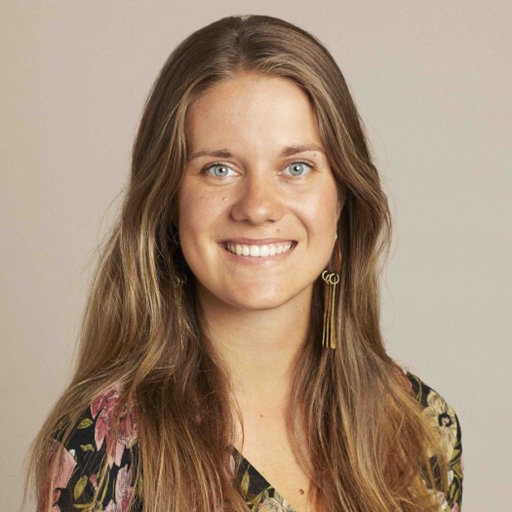
Gitte Westergaard is a PhD candidate in Environmental Humanities at the University of Stavanger, Norway. Her research interests comprise questions related to museum practices and heritage management more broadly, shaping human understanding and relation to nature. She holds a B.A. in History of Ideas and an M.A. in Sustainable Heritage Management from Aarhus University, during which she examined heritage practices in the U.S. Virgin Islands through contemporary uses of fragmented European ceramics. She is currently working with the research project ‘Beyond Dodos and Dinosaurs: Displaying Extinction and Recovery in Museums’, where she researches the appearance of extinct insular species within museums through the lens of coloniality and narrative-building of mass extinction.
Former Editorial Team Members
Thom van Dooren and Deborah Bird Rose (founding Co-Editors), Liz DeLoughrey (Co-Editor), Marco Amiero, Julie Doyle, David Farrier, Astrida Neimanis, Cecilia Asberg, Jamie Lorimer, Stephanie Posthumus, Salma Monani, Andrea Gaynor, Hannes Bergthaller, Allison Mackey, Phillip Drake, Stefan Skrimshire, Katja Kwastek, Inge Konik (Associate Editors), Kate Wright and Emily O’Gorman (Living Lexicon Editors)
